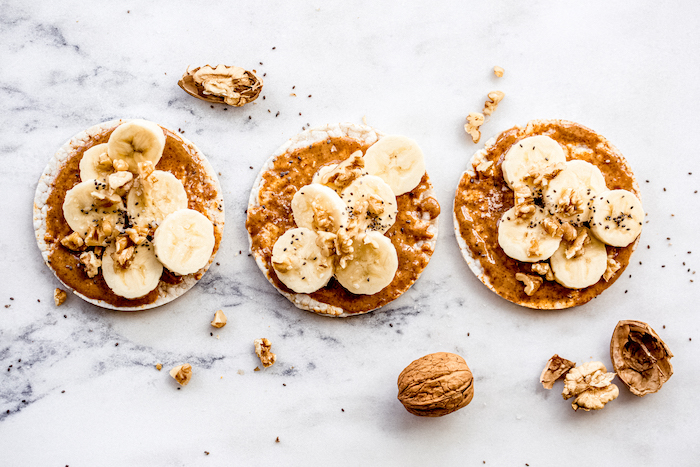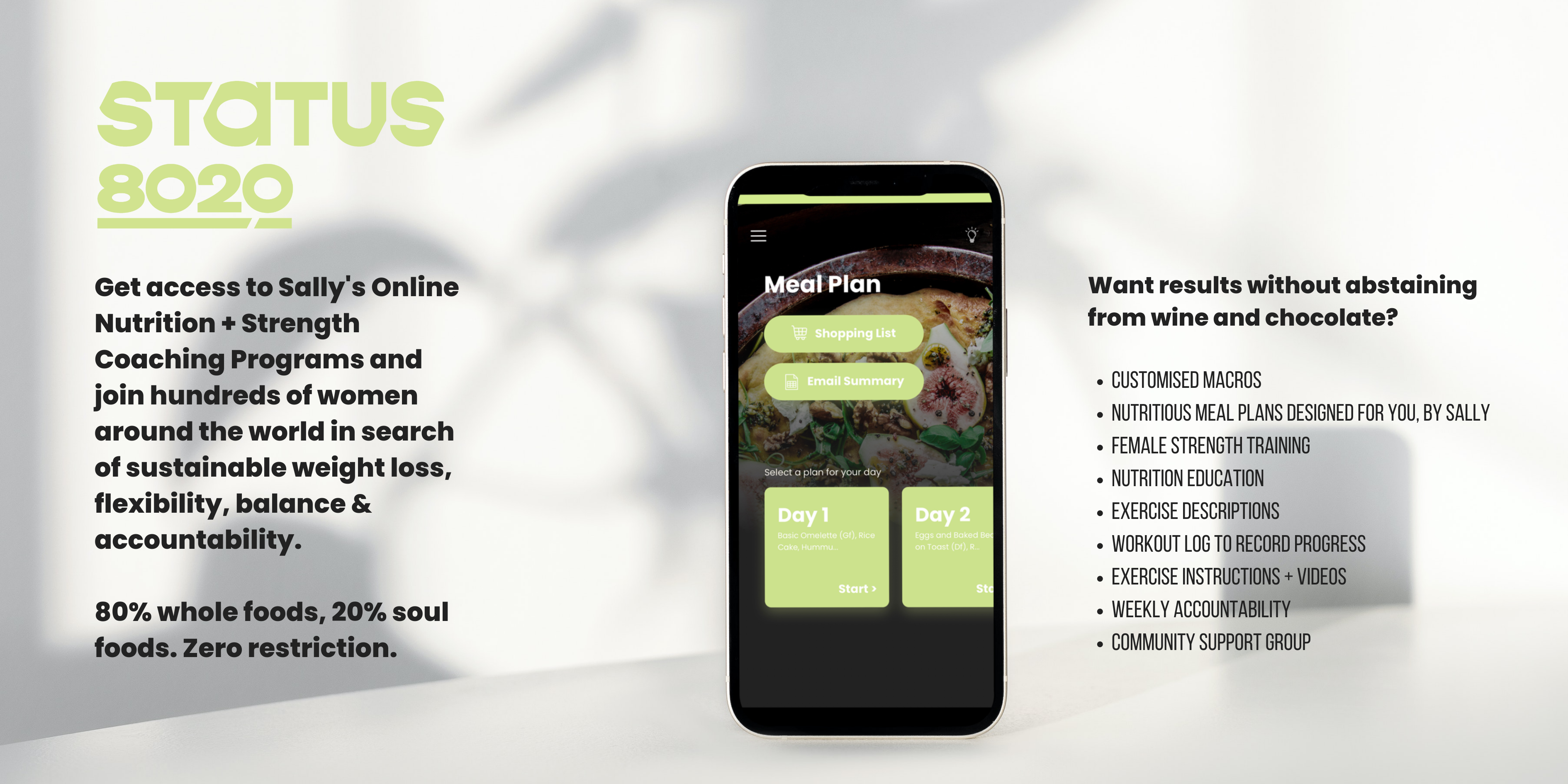
If you're thinking about going vegan, plant-based, or even flexitarian (that's me!) then you need to be abreast of potential challenges in eating the right amount of key vitamins and minerals to ensure you're properly nourished.
Whilst the argument against consumption animal products has a lot of merit (cancer, heart disease and so on), they are a good source of easily-absorbable nutrients too. Here are 4 things to keep an eye on to ensure you have a balanced diet and keep your bod working optimally.
READ MORE: 20 plant-based sources of protein
Vitamin B-12
A water-soluble vitamin, B-12 is responsible for healthy nerves, DNA production and red blood cells. Your body can't make its own supply of this nutrient, so you HAVE to get it from your diet.
Deficiency of B-12 looks like this: anaemia, constipation, sore tongue, ulcers, muscle weakness, depression, extreme fatigue, numbness and tingling, confusion and memory issues.
Eat more of these:
- mushrooms
- tempeh
- seaweed
- nutritional yeast
I'm all for getting the right amount of vitamins from diet alone, but it is generally recommended that vegans supplement with B12 to ensure they get adequate amounts.
Vitamin D
Vitamin D helps your body absorb calcium, magnesium and phosphate - which keep your muscles and bones healthy. It also contributes to a healthy immune system. It's entirely possible to enough by eating a plant-based diet if you're conscious of including foods that contain plenty - no need for supplementation here.
Deficiency looks like this: depression, low mood, digestive problems, muscle pain, fatigue, rickets
Get more of these:
- Mushrooms (again!)
- Tofu
- THE SUN
- Fortified nut milk

Omega 3
There are 3 important types of Omega 3 that we need to consume in a balanced diet. Eicosapentaenoic acid (EPA) and docosahexaenoic acid (DHA) are usually found in marine oils, whilst alpha-linolenic acid (ALA) is commonly found in plant oils. Again, another nutrient our bodies can't make on their own, so we have to consume them.
Important for mental health, eye health, regulating inflammation, cancer-fighting properties,
Deficiency looks like this: dry skin and hair, irritability, fatigue, joint pain, difficulty concentrating, mood swings, insomnia, rough patches of skin.
Eat more of these:
- Flaxseeds
- Edamame
- Walnuts
- Chia and Hemp Seeds
- Spinach
- Brussel Sprouts
- Plant oils (think avocado, hemp, flax)

Iron
Iron is an essential nutrient that plays a massively important role in many bodily functions. Its found in two forms - haem (from animal products) and non-haem (plant foods). Since non-haem is less easily absorbed by our bodies, the RDI of iron for vegans is 1.8 x higher than meat-eaters. To ensure maximum absorption, combine high-iron foods with vitamin C-rich foods AT THE SAME TIME.
Deficiency looks like this: low energy, shortness of breath, headaches, irritability, anaemia, dizziness.
Eat more of these:
- lentils, chickpeas and beans
- flaxseeds
- quinoa, oats and spelt
- coconut milk
- dark leafy greens - spinach, kale, chard, beet greens.
- dried apricots and figs
- pumpkin seeds
- Cashews, macadamias and pine nuts
- tofu
- Blackstrap molasses
Remember, deficiencies in any vitamins and minerals can be detrimental to health, but overdosing can be just as harmful. Overcompensating with supplements can cause intoxication and cause side effects throughout the body. ALWAYS check with your nutritionist, dietitian or GP before supplementing.


This was really interesting to read! I love the range of posts, there is really something for everyone, great post!
Thank you for sharing this sally, this is very helpful. I am not a vegan but I am delightful that I came across with this article. My mom is turning 75 next month and the doctor told her to start eating healthy food and I think the veggies that you listed above is perfect for her.
Thanks so much sweet pea! Glad you found it helpful x